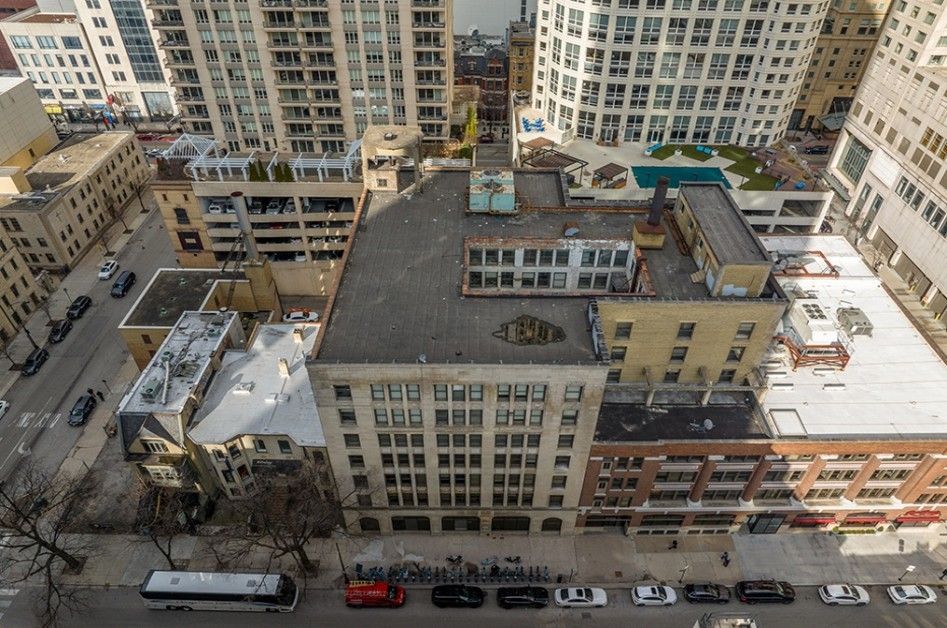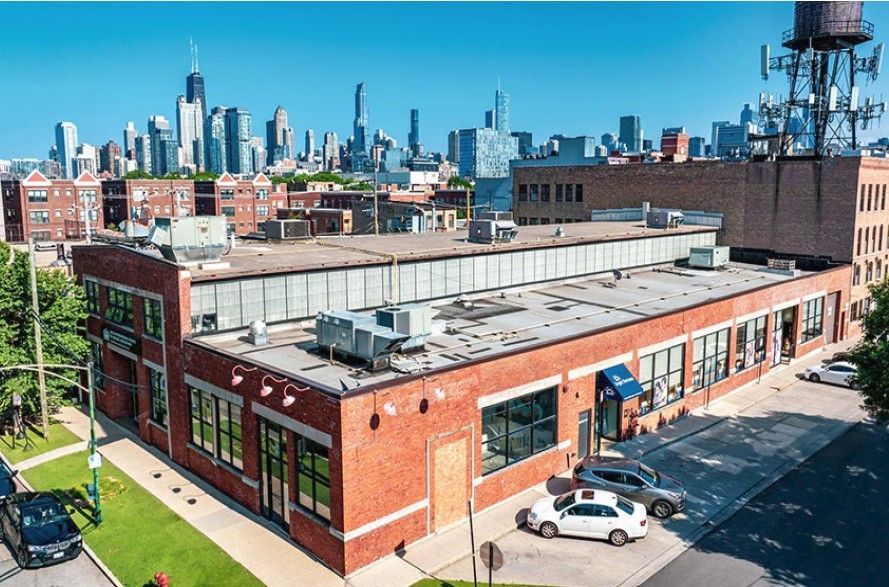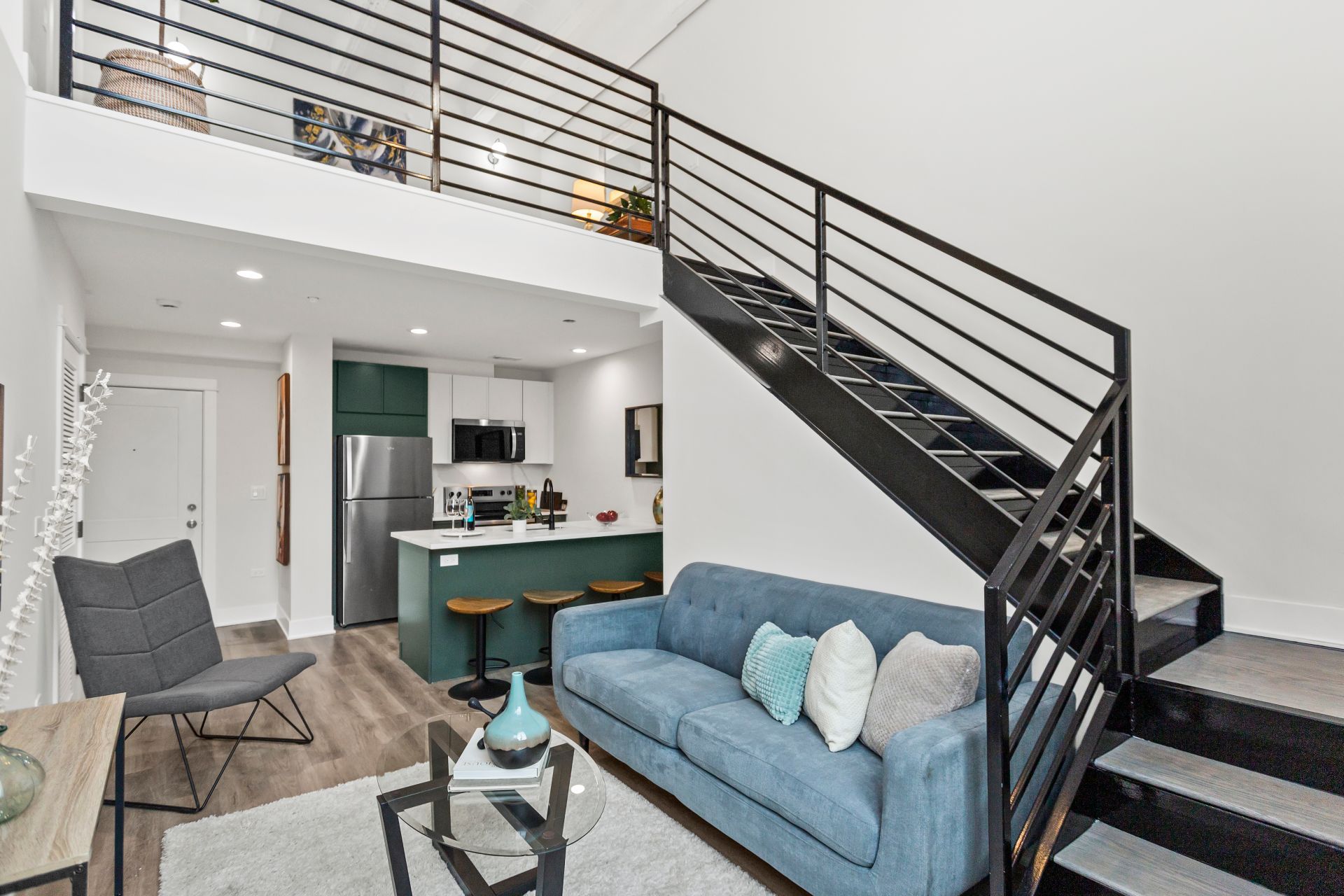Top 5 Reasons You Should Invest in Rental Properties
By Frank Uhler
You worked hard and effectively stashed away a solid portion of your income into savings. Now comes the question most people struggle with, “how should I invest my hard-earned savings?” In today’s financial markets there are a significant number of investment vehicles for an individual investor to choose from. Furthermore, interest on savings or money market accounts is historically low.
Those who diversify their investments into stocks, bonds, ETFs, etc., tend to enjoy the simplicity and speed of online brokerage accounts (I know because I used to be one of these people). Investing directly in income-producing real estate is not as easy as clicking a button, but can produce superior returns as a result.
For those considering adding real estate to their portfolio of investments, I have included the top 5 advantages of this type of investment.
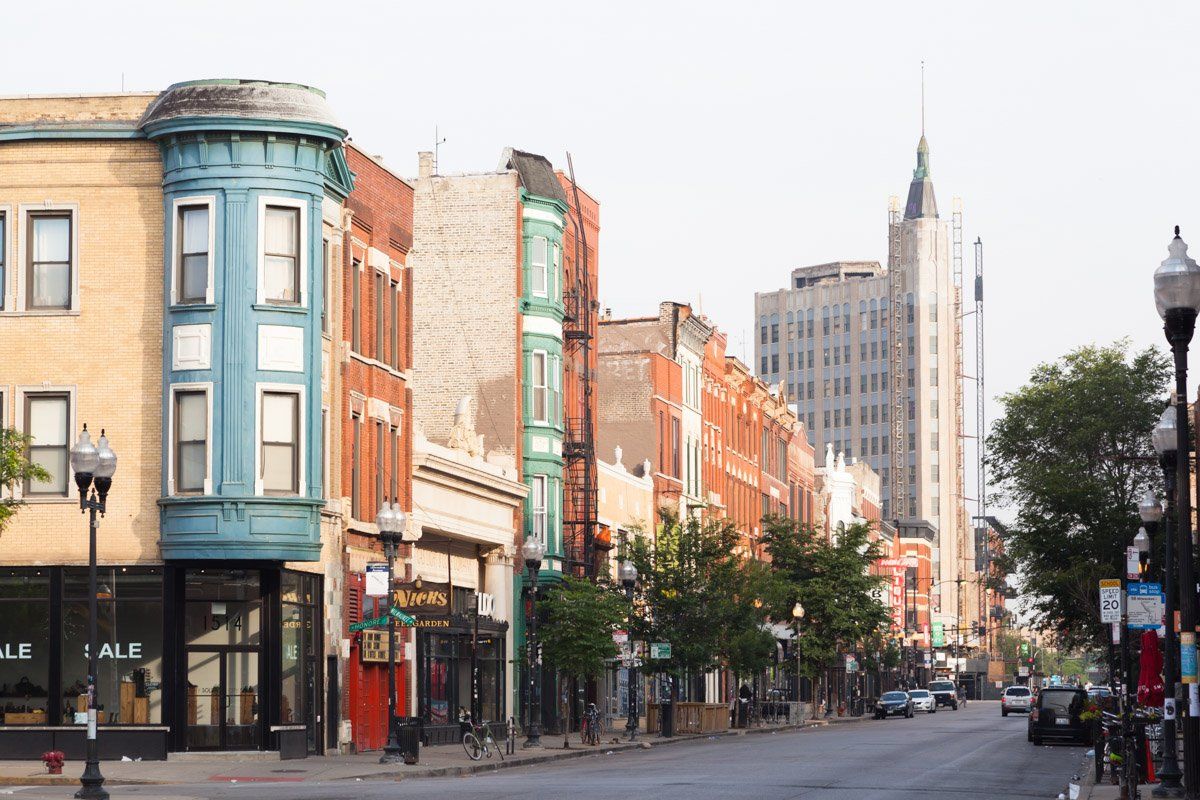
1. Passive Income – At its core, real estate investing is a purchase of a future income stream. When done correctly, this income stream is often much greater than you could achieve from other types of investments and should increase over time. Once all of the property operating expenses and debt service is paid for the month, the remaining “profit” is kept by the owner. This leftover profit is similar to a dividend received from stock investments, which both result in the receipt of passive income.
“ OVER THE LONG TERM, PASSIVE INCOME IS A GREAT TOOL FOR BUILDING WEALTH ”
The cash dividend provided by real estate investments will vary based on several different variables such as: location, property type, competition, risk tolerance, and various other factors; however, many real estate investors attempt to achieve a 6-10% cash dividend on their investment. This is significantly higher than the average trailing twelve-month dividend yield of the S&P 500 as of March 2017, of 1.97%. The S&P 500 dividend yield approximates the average dividend paid by companies in the S&P 500.
For example, if you invest $50,000 of cash into an investment property, and the property produces a cash flow dividend of 8% throughout the following year, you will earn $4,000 of passive income off this investment. If you are able to slowly build the number of investment properties in your portfolio to 10 similar properties, this could eventually result in $40,000 of passive income each year. Over the long term, passive income is a great tool for building wealth.
2. Value Appreciation and Stability
– Although the market value for real estate is cyclical, real estate tends to be a more stable asset. Unlike the stock market, there is not a daily quote for individual real estate asset values. Furthermore, there is a lower transaction volume because of the higher costs and longer timeline involved in real estate transactions. Lastly, the impact of inflation can typically be passed on to tenants in the form of higher rents, resulting in appreciation of the property value.
“ YOU HAVE A GREATER POTENTIAL TO DIRECTLY IMPACT THE PERFORMANCE OF YOUR INVESTMENT ”
3. Potential for Value Creation
– Unlike stocks and bonds, you have a greater potential to directly impact the performance of your investment. Full time investors often create additional value, through property rehabs, improved utilization of the space, or superior management, including economies of scale on maintenance and property management staff. The resulting increase in rent from rehabbing a property typically results in an overall increase to the cash flow and total return of a real estate investment. Even small improvements to a unit, such as adding washer/dryer or updating a bathroom, can often result in rental increases of a few hundred dollars per month.
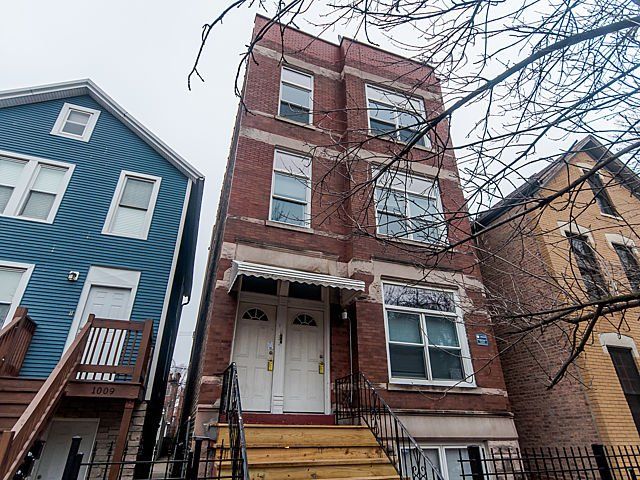
4. Leverage
– The appropriate use of debt in real estate can help you increase returns. The main advantage of leverage is that the initial capital required to buy a property would typically only be around 20-25% of the price (even less in some instances). This would allow an investor to purchase a $1M real estate investment property with only $200K of cash. Additionally, your outstanding loan balance is being paid down over time through the rent payments of tenants.
Properties can also be re-financed after the value has increased (whether due to rehab work or strengthening market). The return of capital through a re-financing will provide an investor with access to equity earned through the amortization of debt, or the increase in the property’s value.
For example, after 7 years your $1M property has increased in value to $1.23M (approximately 3% appreciation per year) and your outstanding loan balance has gone from $800K to $675K. If you decide to re-finance your property using a loan that is 75% of the value, then you will receive a new loan of $923K. Once you pay the old loan off you are left with approximately $248K of proceeds (return of your initial investment of $200K + $48K of additional cash).
5. Tax – There are many tax benefits to owning real estate, which differ based on your classification as a passive investor or a real estate professional. A tax lawyer or accountant should typically be consulted about the specifics of your situation, but I will highlight the general benefits to a passive real estate investor. The following real estate investment-related expenses can be deducted from your taxable income:
-
Mortgage interest expense (for loans to acquire or improve rental property)
-
Repairs & maintenance
-
Depreciation
-
Insurance premiums
-
Casualty and theft losses
-
Legal & professional services
-
Travel expenses (for property-related trips)
Deducting these expenses can significantly reduce your taxable income for the year, therefore decreasing your overall tax liability.

